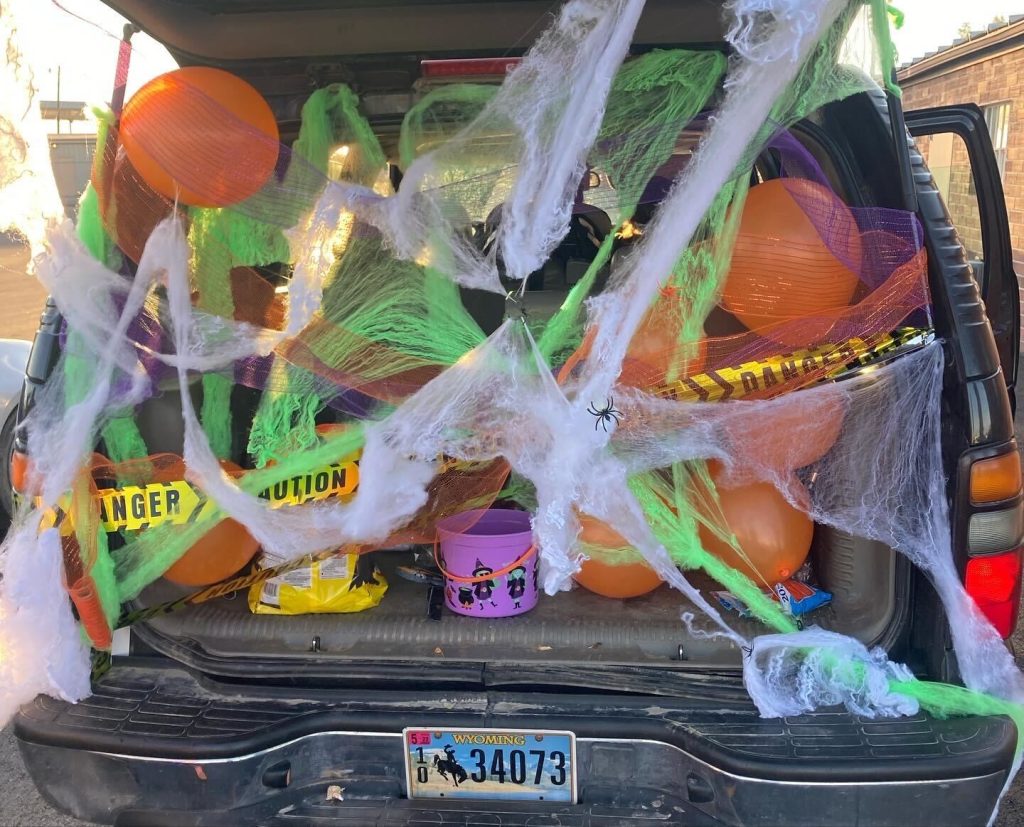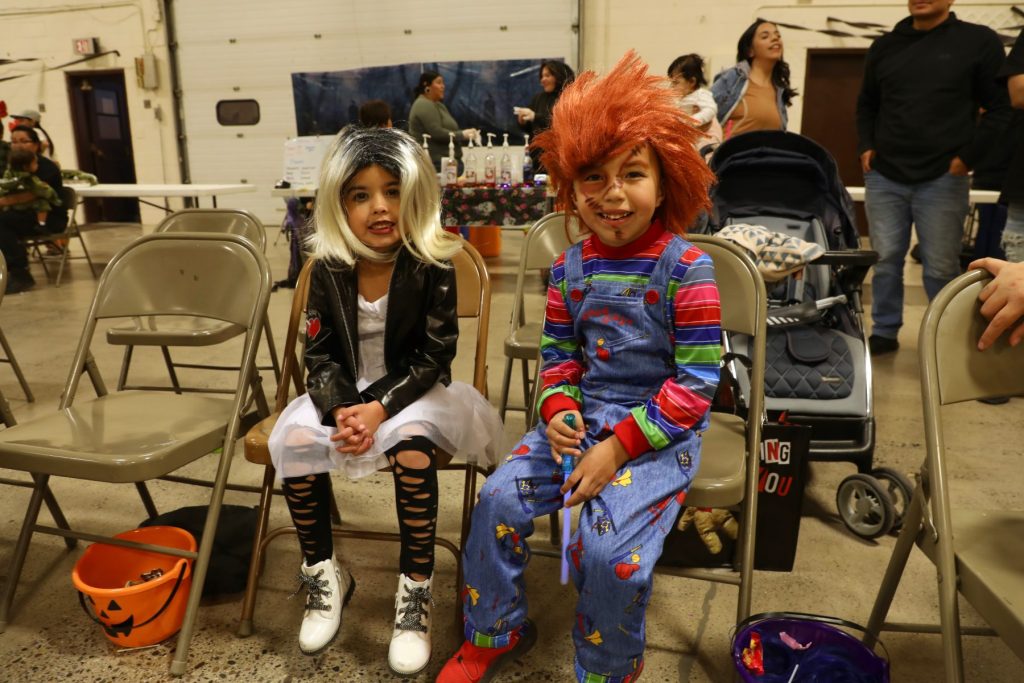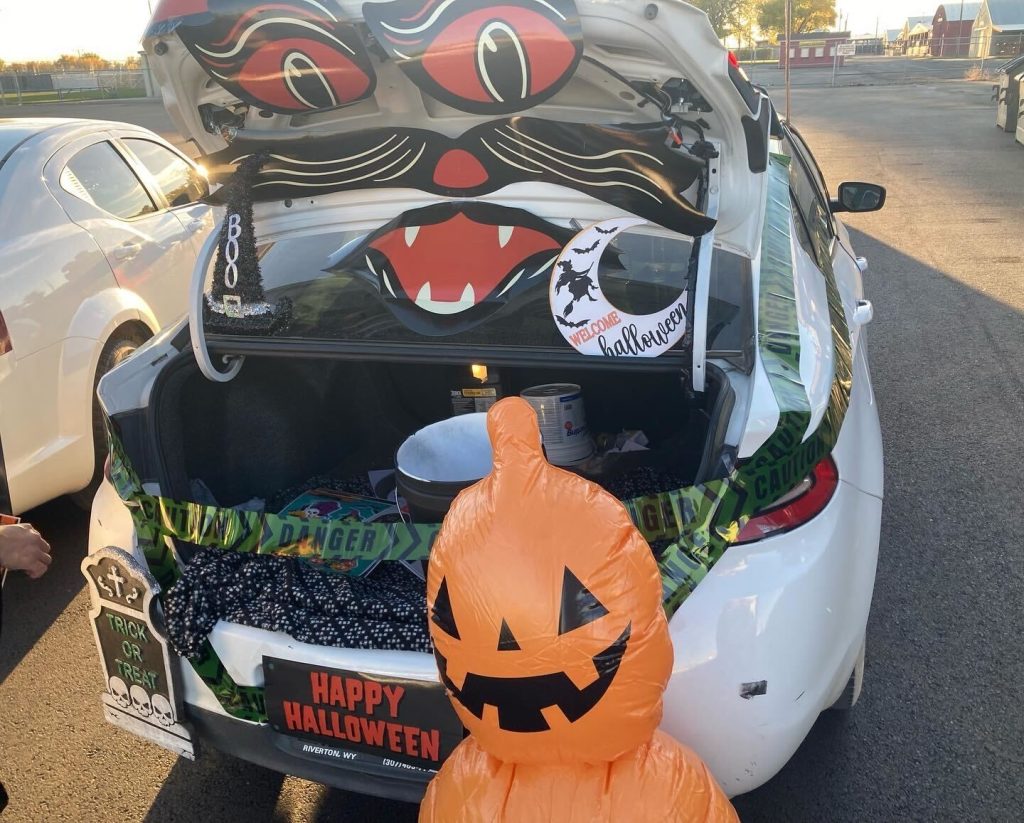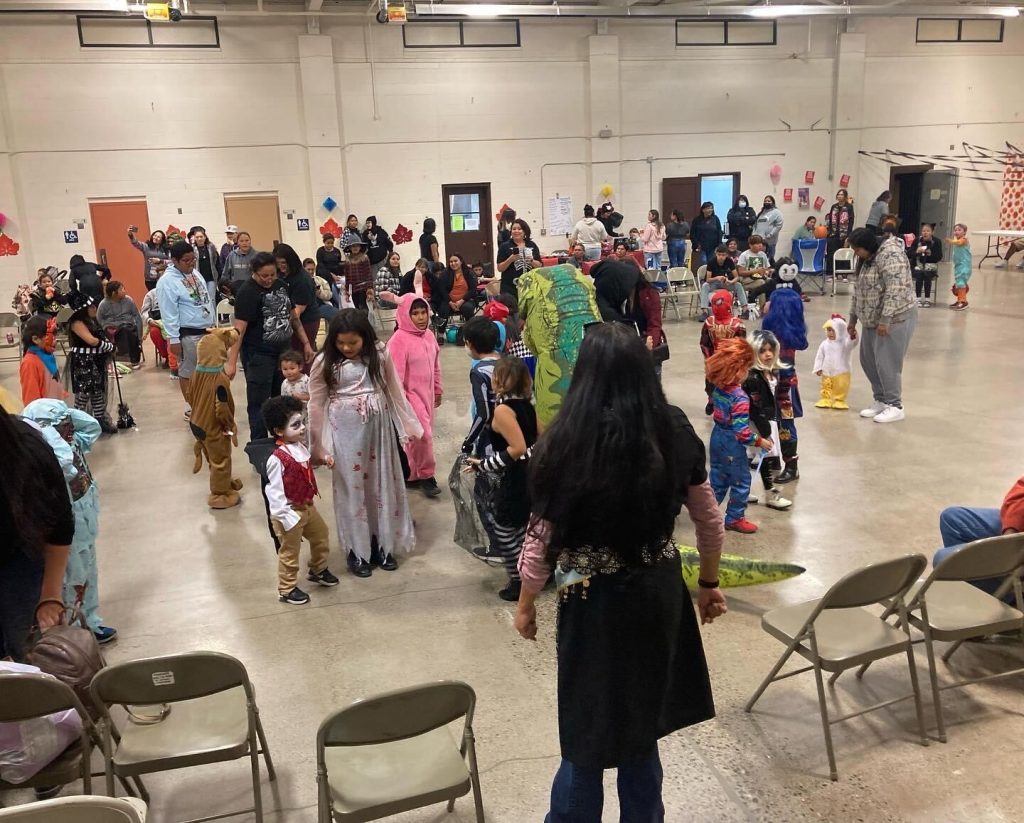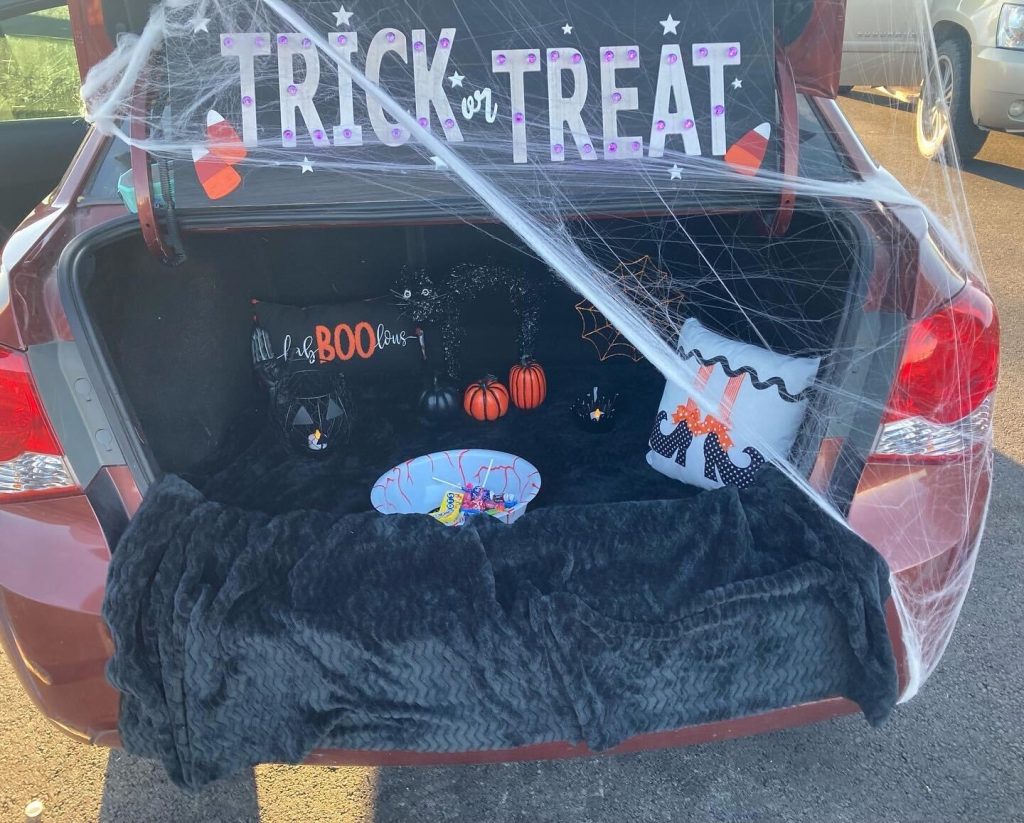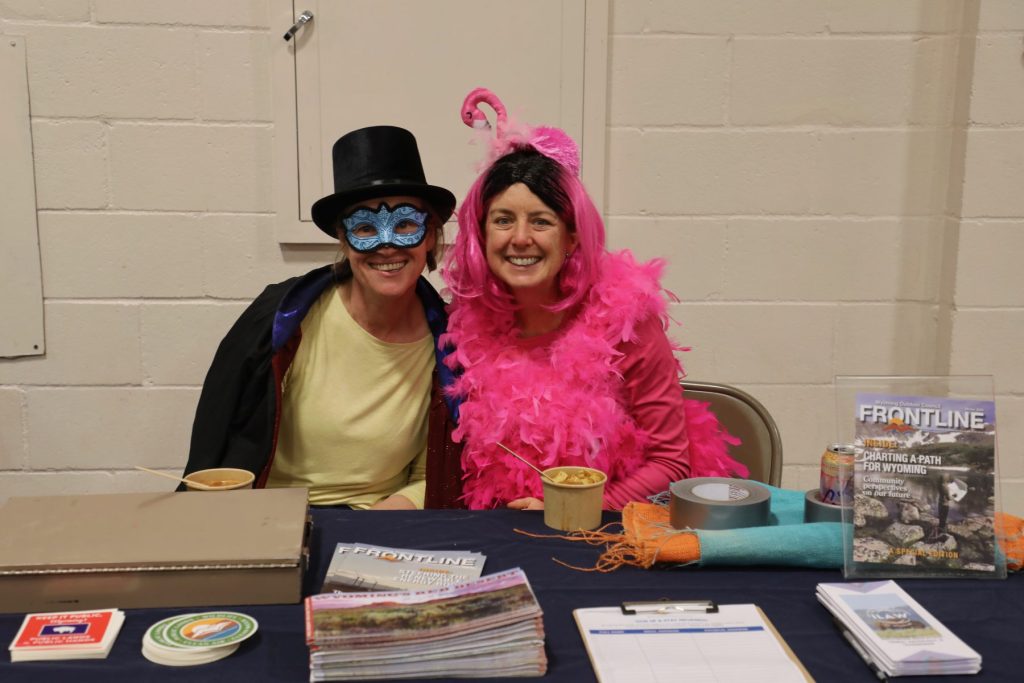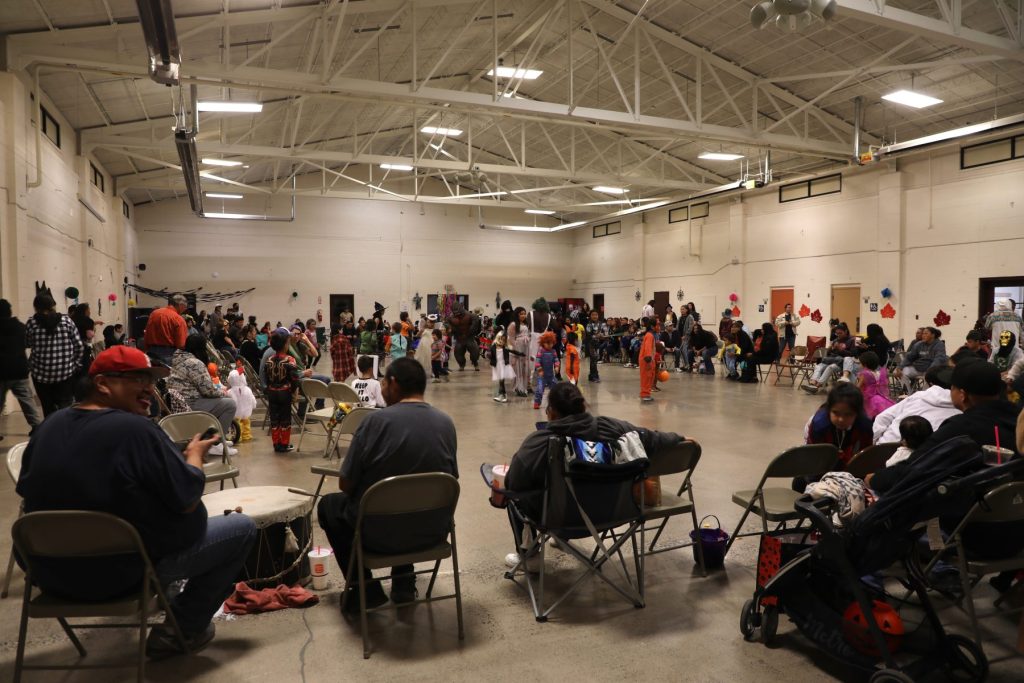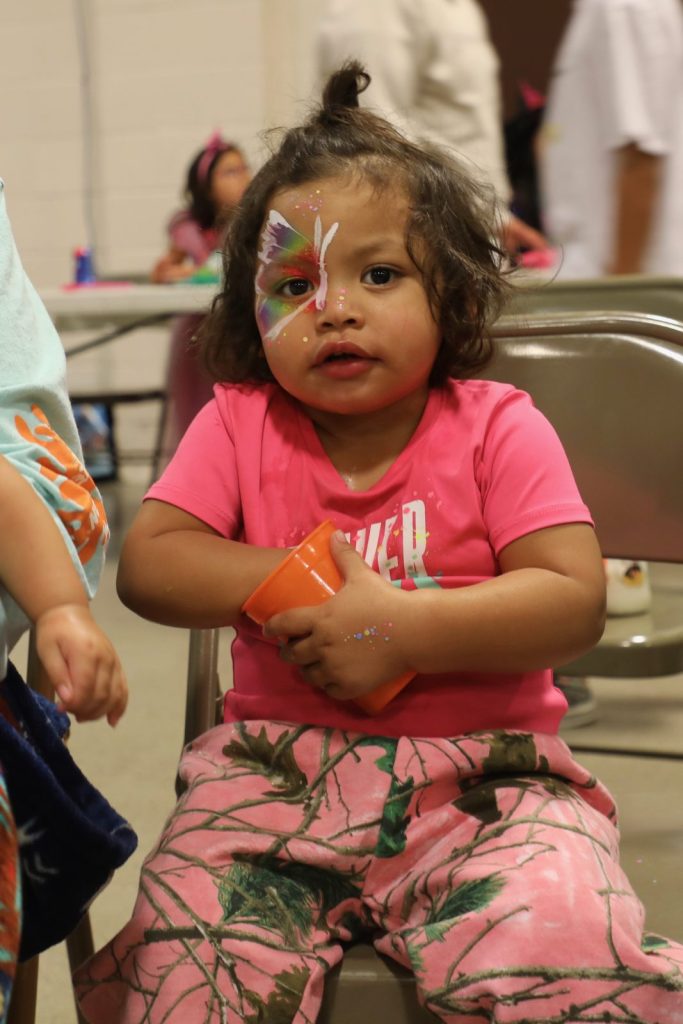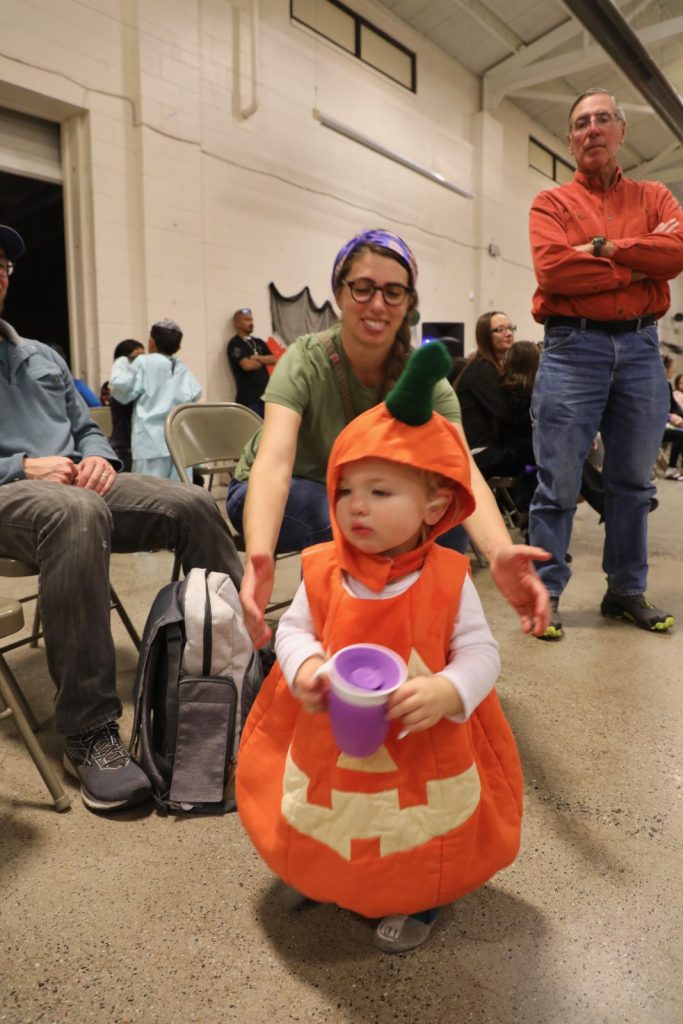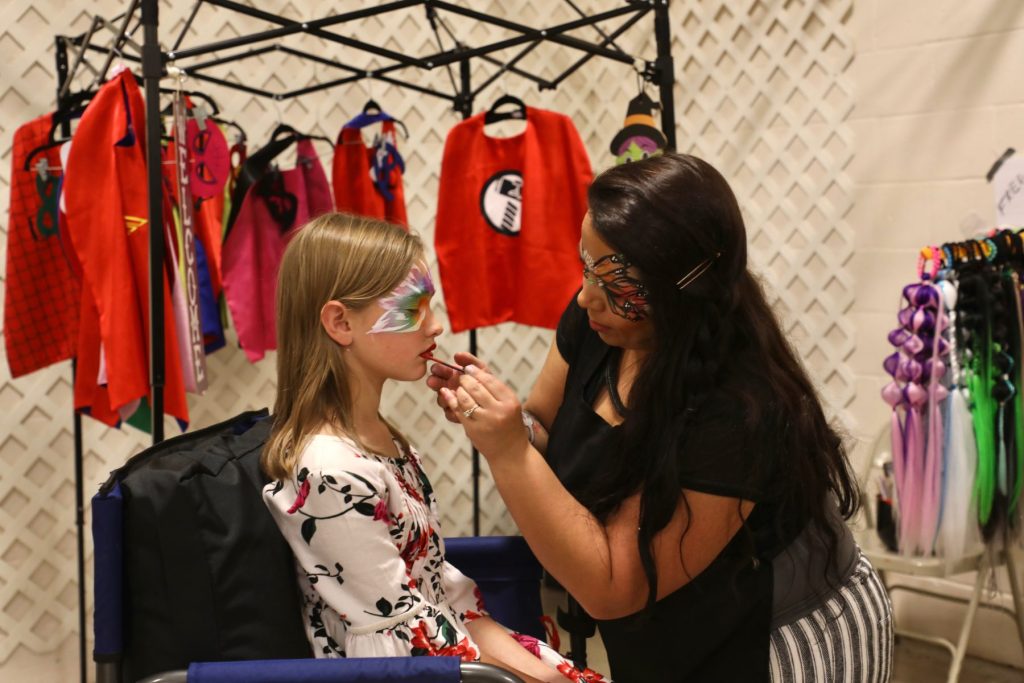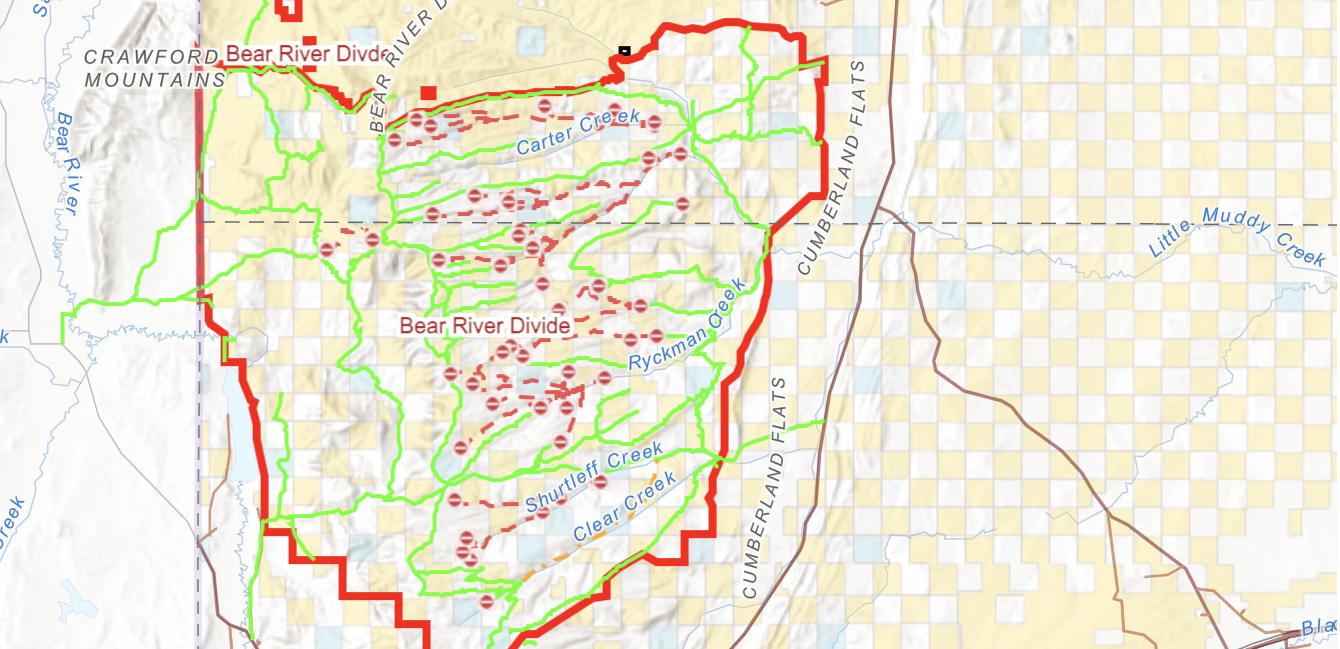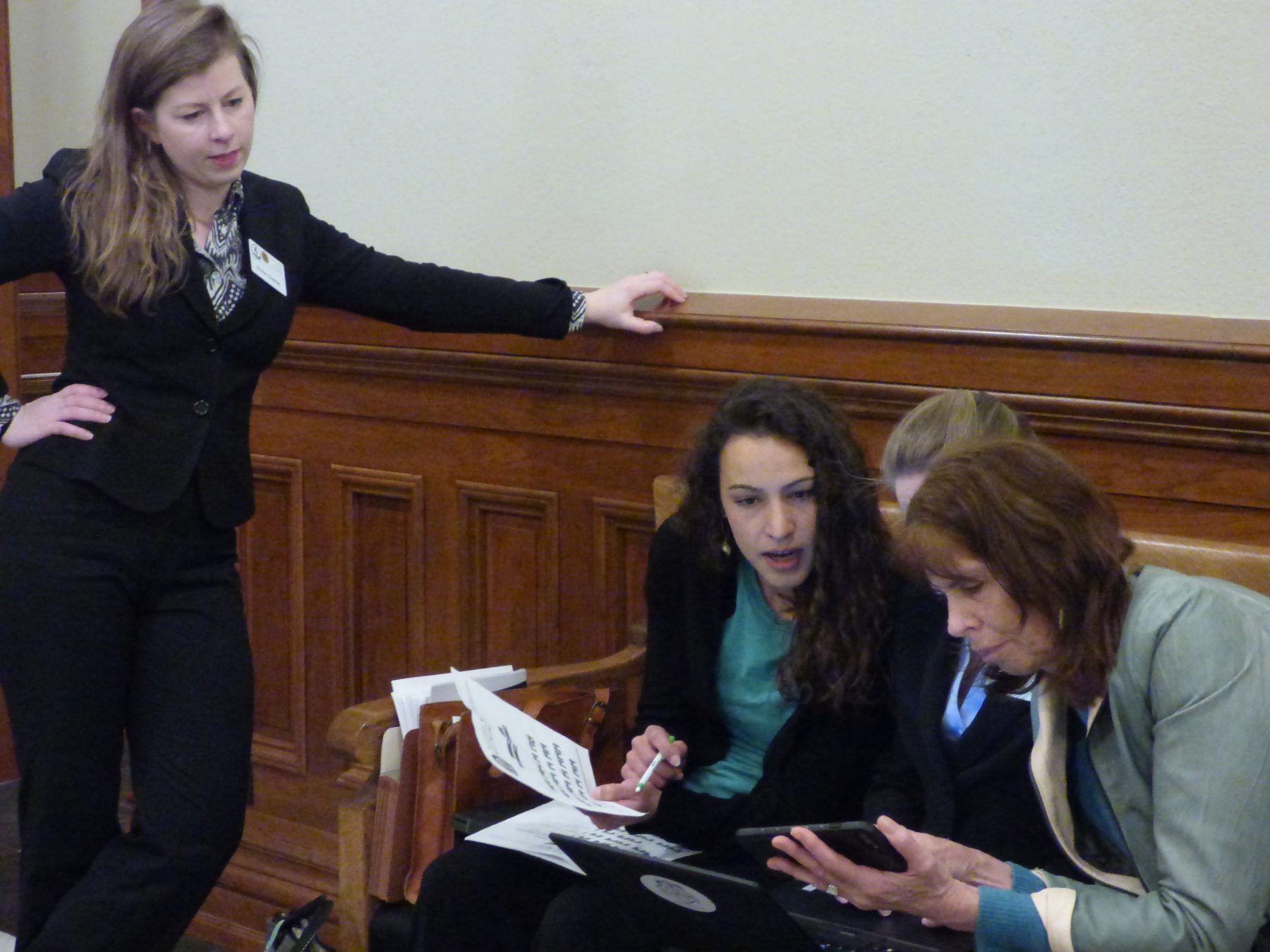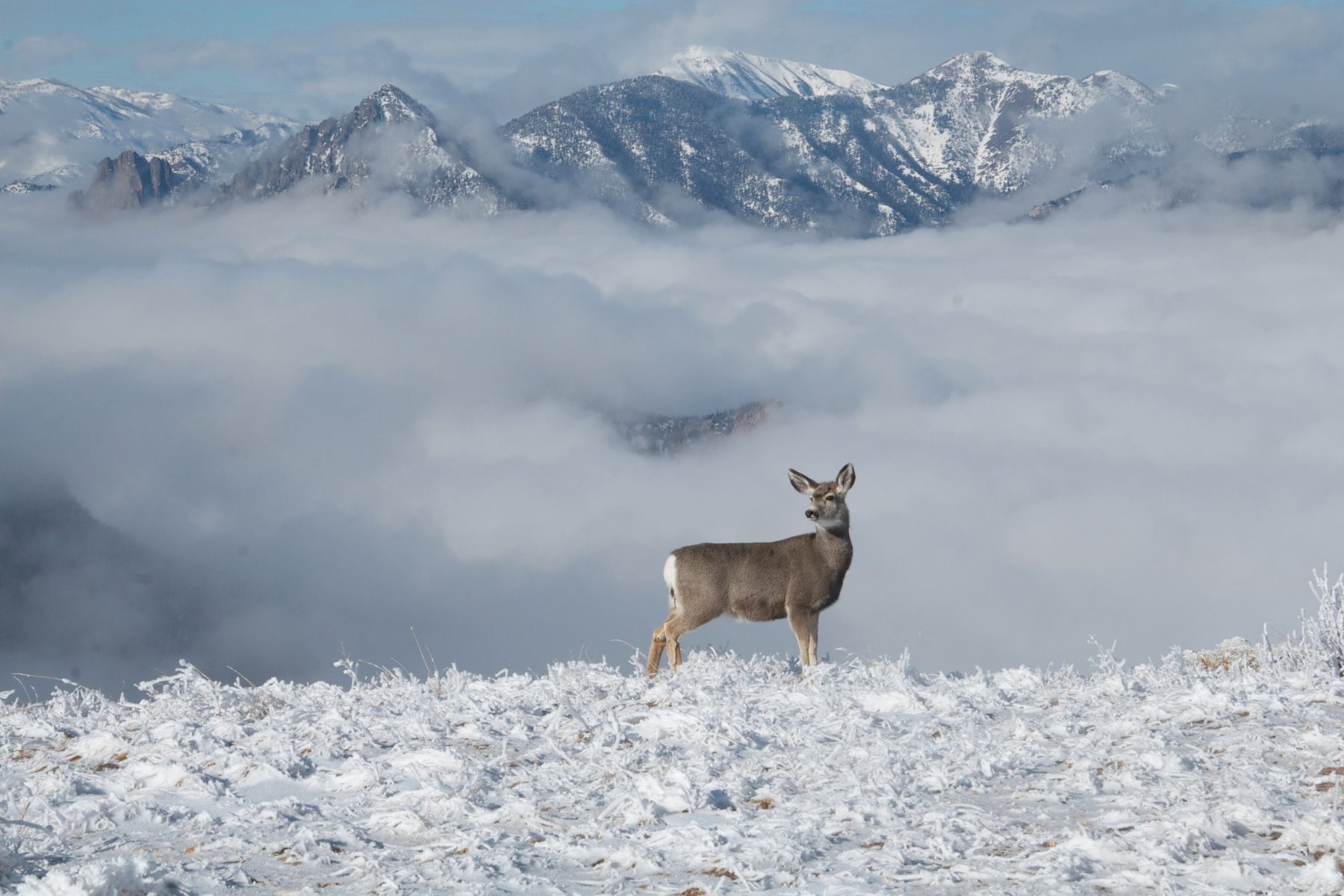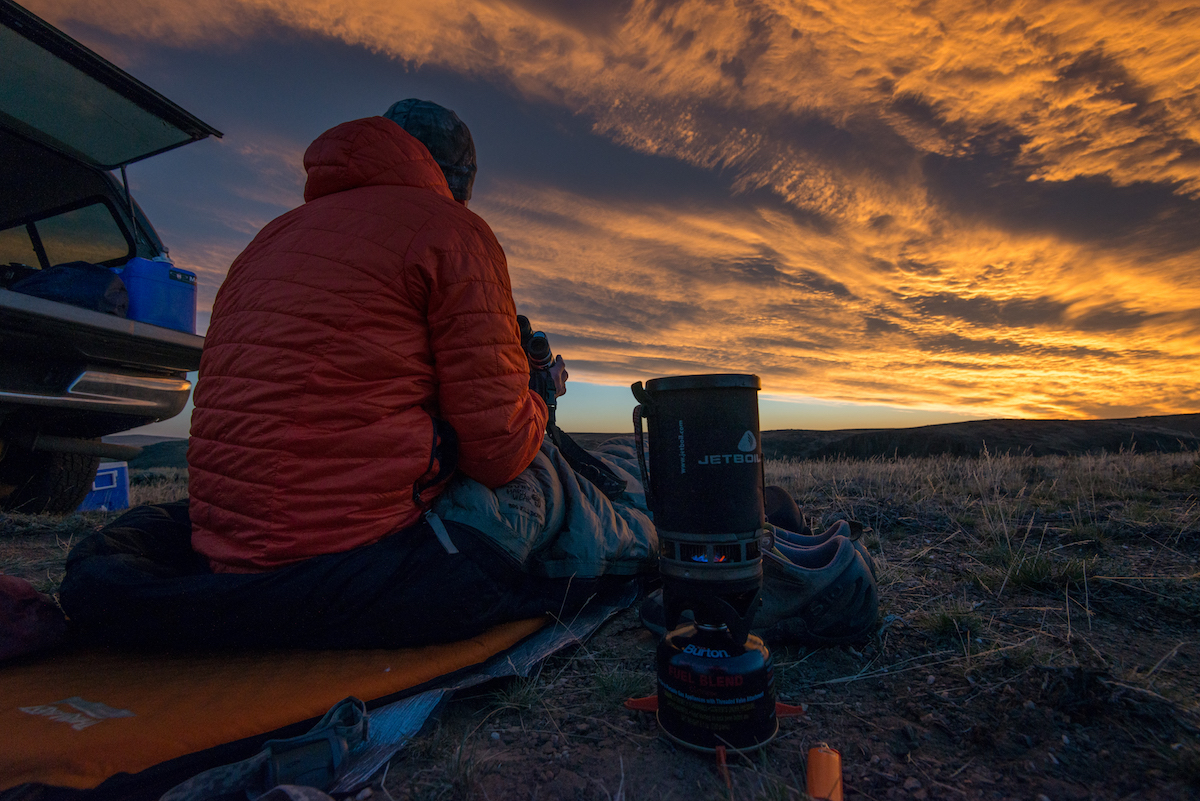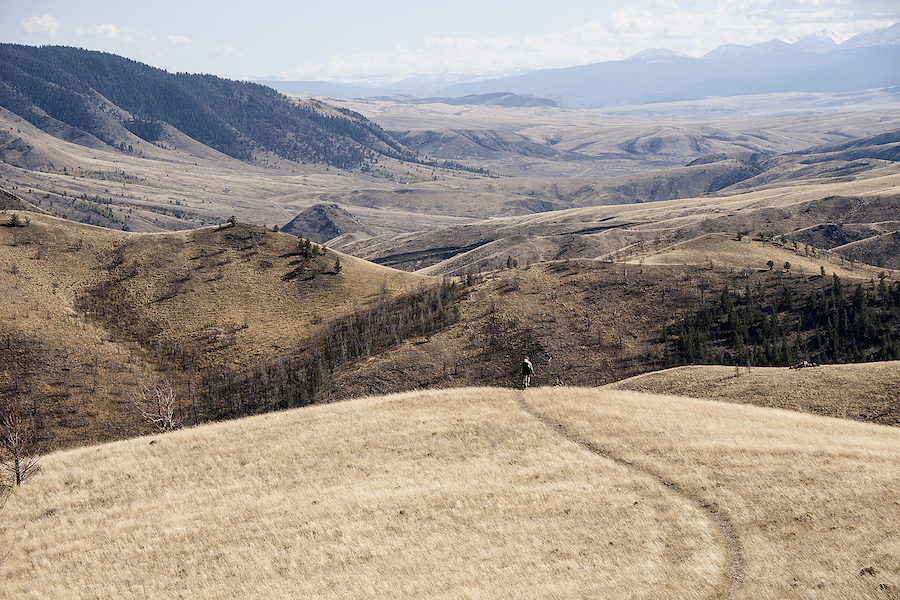In the past few years, all around the world, the problem of climate change has been coming to the fore. Now, there is a growing local climate action movement taking root in Wyoming.
In different corners of the state, grassroots organizations like the Alliance for Renewable Energy in Laramie, Lander Climate Action Network in Lander, and Jackson Hole Climate Action Collective in Teton County are spreading awareness, fostering engagement, and embarking on the long-term project of reducing their communities’ greenhouse gas emissions.
These movements are pragmatic, non-partisan, and involve a younger generation in civic affairs. Their parallel efforts form a loose network that is creating collective momentum whereby one group’s progress reinforces the others.
In one way, this local action is a surprising development given Wyoming’s deep and long standing economic dependence on the export of fossil fuels — energy sources that power civilization but have the unfortunate side effect of releasing heat-trapping gases into the atmosphere. Moving away from carbon-intensive resources means diminishing state revenues that fund our schools, libraries, police, roads, health offices, and other critical public services.
On the other hand, changing energy markets have already been shrinking these revenues for years now, and a changing climate has the potential to degrade Wyoming’s quality of life in an even more costly and profound way. Among other things, rising temperatures are projected to increase droughts and forest fires while negatively impacting water supplies and stream flows and the fish, wildlife, and human populations that rely on them. This, in turn, threatens the outdoor recreation, tourism, and agricultural sectors which together form the other main pillars of Wyoming’s economy, and are primary threads in the fabric of our state’s way of life.
In the past few years, the world has changed in two significant ways:
First, the cost of solar, wind, and energy storage technologies has plummeted. Low-carbon, renewable energy is now the cheapest form of new electricity production in much of the world. And the cost declines are expected to accelerate as capital investment, economies of scale, and industry competition ramp up.
Second, a worldwide tectonic shift is taking place as nations seek to decarbonize their economies because of growing concern over climate change. This will only increase the demand for renewable energy sources.
Whether Wyoming wants it or not, the entire globe is moving quickly away from fossil fuels. This includes not only much of the United States (the traditional market for Wyoming’s mineral sales) but also China, Japan, South Korea, the UK, the European Union, New Zealand, and Canada — countries that together make up more than half of all global economic activity. All have recently announced intentions to reduce their net greenhouse gas emissions to zero in coming decades — plans that will radically transform their societies and promote the development of technologies that will move them away from fossil fuels.
While working on the nuts and bolts of local policy, Wyoming’s climate movements can not only help reduce our own emissions, save municipalities money in a time of contracting budgets, and prepare communities to be resilient in the face of changing environmental conditions, but they can also draw attention to these larger forces at work. They can play a crucial role in helping us adapt to the historic economic transformation that is underway and envision a viable future for the state. They can create a new sense of what is possible. And if this can be done in Wyoming, it shows it can be done anywhere.
The task is daunting, but filled with possibility. We are lucky that Wyoming happens to be naturally endowed with the very elements needed to thrive in a new, low-carbon landscape: lots of sun and wind, clean air and clean water, cooler temperatures, big wilderness, easy access to nature, strong communities, and a high quality of life. We’re realizing, more and more, these might be the most precious resources we have.
Ariel Greene is a Lander resident and member of the steering committee for the Lander Climate Action Network.
